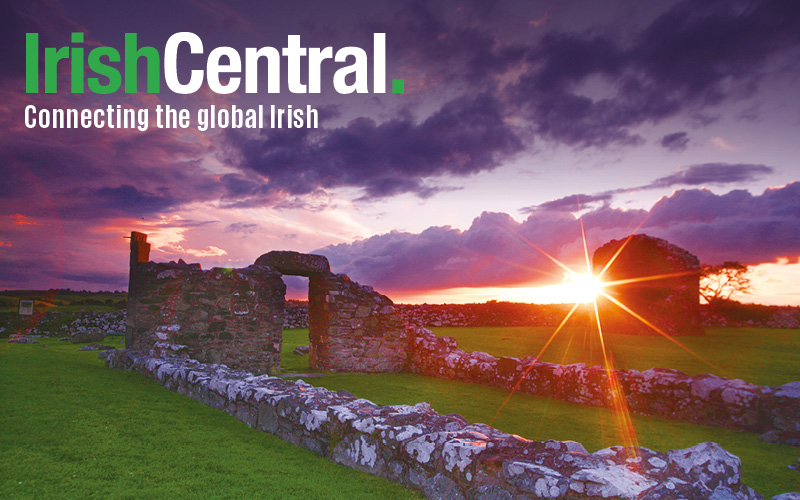There has never been an Irish Jane Austen for a good reason: there is no such thing as a “truth universally acknowledged” in Ireland, not even jokingly, which makes it fairly unique.
The truth is that what you see in Ireland largely depends on where you stand. If it's in South Dublin you won't often see the less salubrious streets of North Dublin. If it's in East Belfast you won't spend much time thinking about what goes on in the West.
Grow up in the leafy suburbs just about anywhere in the country and you'll soon learn not to concern yourself with the daily grind of the council estates.
So the partitionist mentality extends far beyond the borders that divide the north from south. It's a really a nation of balkanized insiders and outsiders, stamped to rule or stamped for export, and it has been since the foundation of the state.
This past weekend the Republic celebrated the centenary of the 1916 Rising that led to its creation. But remarkably, it did so without a fully functioning government (has it ever had one?).
So we don't have a government, but we have a Republic. It's remarkable that in this centenary year and month so few have even bothered to discuss this.
It's probably because the Irish people have an expectation of low standards in high places, so they expect their needs to be unmet, having been conditioned by experience and by their hard colonial history.
To coin a phrase Don't Ask, Won't Get is really the national motto.
When, for example, in 1947, one hundred years after the darkest year of the Great Hunger, the curate of Skehana, County Galway ended the practice of burying unbaptized infants outside of the parish graveyard his decision was met with serious opposition from some local families. They wanted the callous traditional practice to continue. They wanted a society of insiders and outsiders, they even wanted their own lost babies to adhere to these rules.
What does that say about our capacity for self-sabotage?
Gerry Adams said in an exclusive interview with IrishCentral last week that the British took care to shoot the poets, philosophers and political thinkers who gave us the Easter Rising. Then a counter-revolutionary movement in the north and south was permitted to come to power.
This new divided nation was where the ideals of 1916 went to die.
Few journalists in the Republic or the North have ever thought to ask Adams about his views of the revolutionary generation, a failure that demonstrates how deeply the partitionist mindset is entrenched in the societies they hail from.
The national and international thinking of the revolutionary generation (once Irish America was thought of as a major political player, not the sentimental corned beef circuit it's lampooned as nowadays) sought a revolution in Irish people's thinking about where they lived, how they could support their own nation, with a dose of internationalism that would lift their eyes above the parish pump.
What's interesting about 2016 is the Irish electorate have finally gotten 1916's memo that their 19th century political model no longer works (and frankly it never did).
The Irish electorate still vote for the same political parties that ensure the same stalemates, but something feels different this time. They have returned them to power but have guillotined their mandate to rule.
A foundational shift only follows on from a paradigm shift, but that moment has already arrived, even in the nation that James Joyce called the most belated in Europe.
This weekend the nation celebrated its existence whilst navigating that disconcerting political no man's land between tradition and modernity.
Our traditional parties are doing what they do best and rearranging the deck chairs on the old ship of state this week, but this time they're facing into a reckoning that's really one hundred years in the making.
You can read more of IrishCentral's centenary coverage here.




Comments